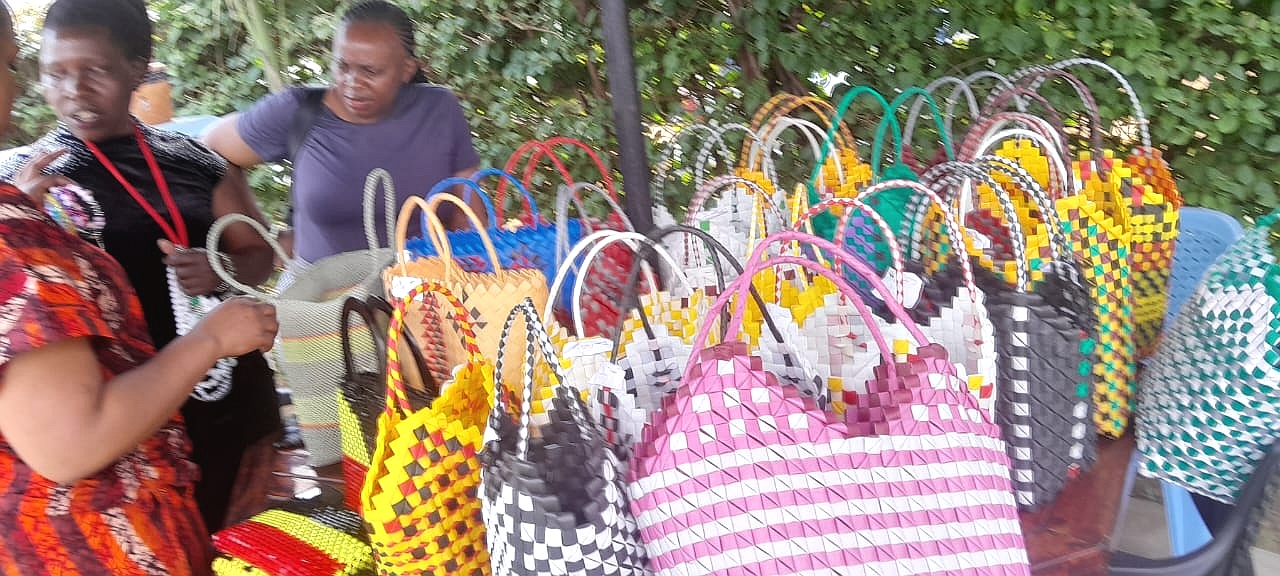

The Common Market for Eastern and Southern Africa (Comesa) has stepped up efforts to promote peace and security by sensitising small-scale traders along the Kenya–Uganda border.
Otia Etyang, Head of Governance, Peace and Security at Comesa said the peace and security programme aims to foster peaceful co-existence, particularly at border points and within communities emerging from conflict.
“We have already implemented this initiative in Busia and now in Malaba. The goal is to raise awareness among cross-border traders about their rights and roles in promoting peace and security, in collaboration with other government agencies,” Etyang said.
He said Comesa is educating traders about existing policies and regulatory frameworks designed to enhance cross-border trade.
The sensitisation also focuses on strengthening committees by equipping them with the knowledge needed to address longstanding challenges.
The programme aims to support more women and youth in trade, enabling socio-economic empowerment while fostering peace.
He was speaking during a four-day workshop for small-scale traders from Kenya and Uganda at Hotel Suddex in Amagoro.
He also highlighted a key challenge: limited resources. “We depend on contributions from member states, many of which are currently facing economic downturns. The withdrawal of USAID support has also negatively affected our programmes,” he said.
Malaba Uganda Cross-Border Cooperatives chairlady Dinah Amanga cited inequalities in trade access. “Kenyan cooperatives can engage directly with Ugandan farmers, but the reverse isn’t allowed. Unharmonised trade policies, non-tariff barriers and unofficial fees imposed by county governments—especially in Kenya—must be addressed,” she said.
Lorna Okitoi, a Kenyan trader, noted that Malaba is the busiest border point in the region, clearing over 1,200 trucks daily. Yet, traders still lack information about their rights.
“New entrants are not properly trained on the challenges they will face—like fluctuating exchange rates, limited capital, inconsistent market prices, complex regulations and even issues like child smuggling. The $2,000 tax exemption for small-scale traders is too low to sustain business,” she added.
Child hawking, particularly in Malaba, Kenya, is becoming a growing concern due to unharmonised policies within Comesa, she said.
Sam Kwemein, the Malaba Uganda Trade Information officer, pointed to inadequate infrastructure on the Kenyan side—particularly the lack of modern markets—as a major obstacle to cross-border trade.
Echairi Harriet, Treasurer of a Ugandan Sacco, highlighted how the lack of sanitation facilities discourages many women from engaging in cross-border business. “There’s a need for safe, clean spaces in market areas,” she said.
Betty Okuni, the cooperative’s secretary, also noted the absence of cold storage for perishable goods, proper markets in Malaba (Kenya), street lighting and scanners for transit cargo—all of which hinder efficient trade operations.
Instant analysis
This initiative by Comesa reflects a proactive approach to addressing peace, security and trade barriers at the Kenya–Uganda border. By targeting small-scale traders—especially women and youth—the programme promotes socio-economic empowerment and regional stability. However, persistent challenges such as poor infrastructure, limited training, unequal trade policies and lack of basic amenities like sanitation and storage facilities hinder progress. The withdrawal of donor support and member states' economic struggles further complicate implementation. Despite this, the programme’s focus on awareness, policy harmonization and cross-border cooperation is a vital step toward more inclusive, peaceful, and sustainable trade across East and Southern Africa.












